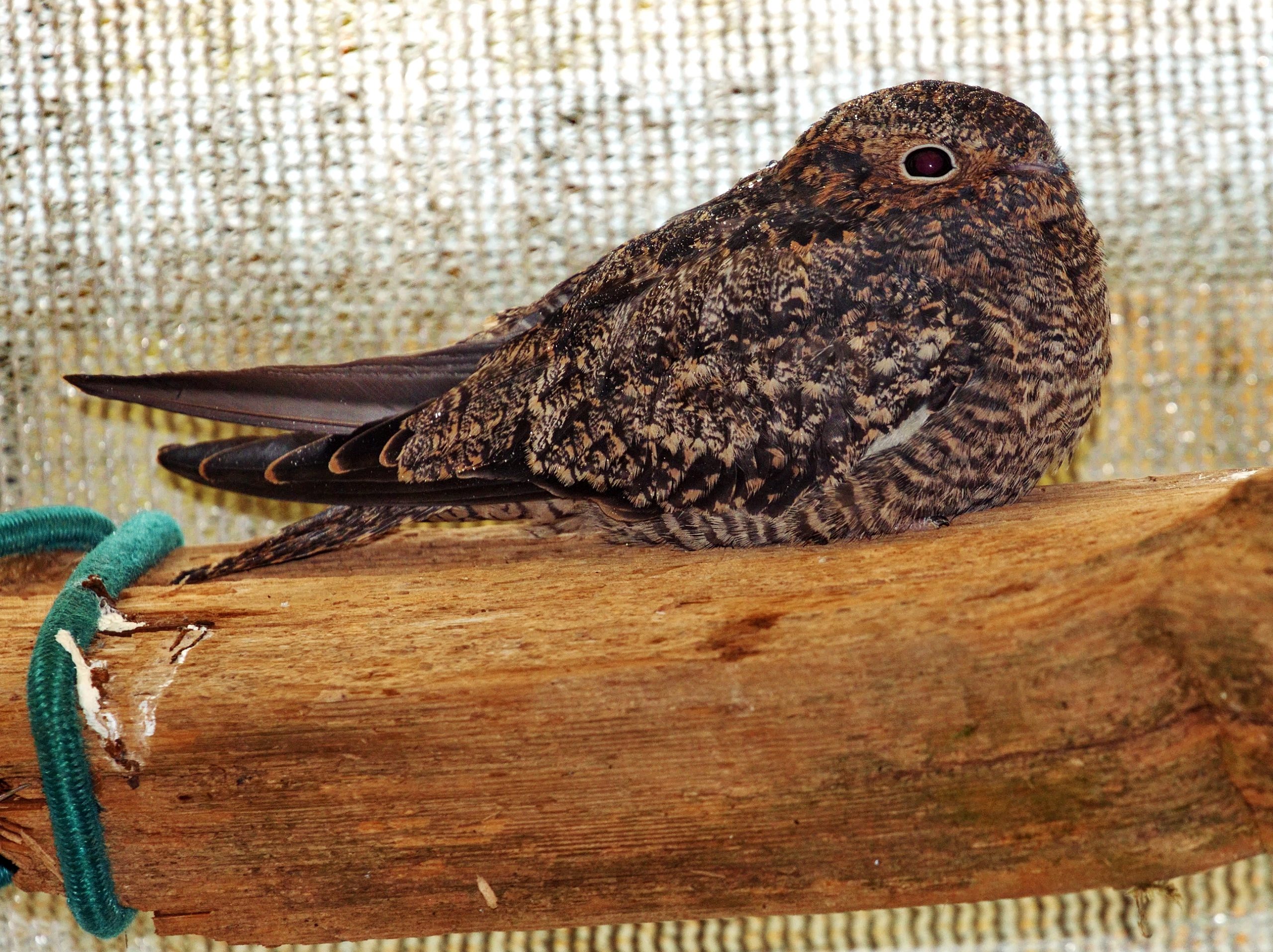Support Us
Since 1979 more than 140,000 animals have been treated by Wildlife Rescue.
Thanks to the support of individuals like you, Wildlife Rescue can provide a lifeline for animals in distress.

Known to be special birds that spend much of their time in certain parts of British Columbia, Nighthawks are essential to our environment. Even though they might not be easy to find due to their nocturnal habits, these birds contribute so much to our ecosystem. Unfortunately, they also need our help. Studies by the North American Breeding Bird Survey have revealed that Common Nighthawk populations decline at the rate of 4% a year in Canada, populations going through a steep annual decline since the 60s.
Many factors contribute to this decline in population, but a few main factors are the central cause. The loss of insects such as mosquitoes to pesticides has led to a loss of the main food source for nighthawks. As well, nighthawks have been subject to getting hit by cars, since they tend to nest and forage by roads at night.
Fortunately, nighthawks are great at adapting! With the ability to nest in both rural and urban areas, Nighthawks can make a home on beaches, in forests, on rooftops, and even recently burned woodlands. Finding these birds might be hard, however. With a tendency to hunt insects (their main food source) at dawn and dusk, they are semi-nocturnal animals. Nighthawks mostly eat bugs – including wasps, crickets, moths, and beetles. While it is less likely, they may also eat vegetation.
Nests can typically be spotted on the ground in forests and even on certain gravel beaches. Different from the typical nature of birds, Nighthawks lay their eggs directly on the ground, where the eggs will be surrounded by materials such as moss, gravel and leaves.
How to Help
While we may not see Nighthawks every day, they still need our help. Thankfully, there are many things we can do to keep them safe, such as…
Of course, helping injured Nighthawks is a great way to help! If you see a bird that has exposed bone or blood, bugs or insects covering it, no feathers, or a bird that is sleeping, human intervention is required. Please contact our Support Centre for support and guidance.
There are so many unique feathered friends in British Columbia that need our help – let’s give them a hand!